Iran blasts Charlie Hebdo for incitement to violence through defamatory cartoons
Iran’s Foreign Ministry has censured the French magazine Charlie Hebdo’s incendiary cartoons targeting the Islamic Republic’s top religious and political authority, saying the move was a clear example of hate-mongering, an insult to the sacred values and sanctities of other nations, and incitement to violence.
“We have declared our position and taken diplomatic actions in this regard. Accordingly, the Foreign Ministry published an official and strongly-worded statement. French Ambassador to Tehran Nicolas Roche was summoned, and handed a protest note to convey to his respective government,” spokesman Nasser Kan’ani explained during a weekly press briefing in the capital Tehran on Monday.
“We reiterate that the French weekly magazine’s move is a straightforward example of hate-mongering, an insult to the values and sanctities of other nations, especially Muslim peoples, and an instance of incitement to violence,” he said.
He added that the publication’s act was an insult to Iranian people’s values and Islamic sanctities, as well as women, their personality, dignity and status.
“It is regrettable that the cartoons were published in a country, which claims to be an advocate of others’ values and rights but shows no respect whatsoever to the principles and fundamentals of the international law.”
Kan’ani pointed out that Charlie Hebdo had earlier re-circulated insulting cartoons about Prophet Muhammad (PBUH) and Islam, arguing that the fact that its recent offensive cartoons were published at the same time that Israel’s far-right national security minister Itamar Ben-Gvir stormed the al-Aqsa Mosque compound in the occupied Old City of al-Quds clearly means that the Zionists were behind the scenario.
“It is of great regret that the French government has failed to decry the [sacrilegious] act and has instead sought to justify it under the pretext of freedom of speech,” he said.
“We once again censure the French magazine’s move and believe that all world states and nations must react to the desecration of moral and religious values and consider it an illegal and immoral action against human and humanitarian values,” the spokesman added.
The French magazine has published several insulting cartoons after the controversial right-wing magazine had in early December announced a competition for such cartoons.
In a statement last Thursday, Iran’s Foreign Ministry said Tehran holds the French government responsible for the uncultured, inhumane move by the notorious French weekly.
The ministry also said it would review France’s cultural activities in Iran, and that it was “ending the activities of the French Institute for Research in Iran as a first step.”
Iran condemns MEPs’ political sponsorship of rioters in Iran
Elsewhere in his remarks, Kan’ani condemned the decision by some members of the European Parliament (MEP) to support convicted rioters in Iran.
“Unfortunately, European authorities are undesirably and excessively exploiting all respected principles regarding international relations. We know that such theatrical gestures naturally fall within the framework of political goals,” the spokesman for the Iranian Foreign Ministry said.
“If the so-called advocates of human rights are really after supporting universal human values and political prisoners, why don’t they employ their political sponsorship to support thousands of oppressed Palestinian prisoners who are languishing in the dreadful prisons of the Zionist regime?” Kan’ani asked.
“Why don’t they use such potential to support oppressed political prisoners in their allied countries who violate human rights? Why don’t they use it to support the oppressed refugees from Yemen, Syria, and Libya, who are displaced due to the wars imposed by Europe, and are being kept in Western camps and prisons across Europe and the United States?” he added.
Foreign-backed riots have hit various Iranian provinces since 22-year-old woman Mahsa Amini died at the hospital on September 16, three days after she collapsed at a police station in Tehran. An investigation has attributed Amini’s death to her medical condition, rather than alleged beatings by the police.
The violent riots have claimed the lives of dozens of people and security forces, while also allowing terrorist attacks across the country. In the last three months, the terrorists have set fire to public property and tortured several Basij members and security forces to death.
The United States and its European allies have voiced staunch support for the continuation of violent riots across Iran and spared no effort to fan the flames of unrest in the country as part of their anti-Iran policies.
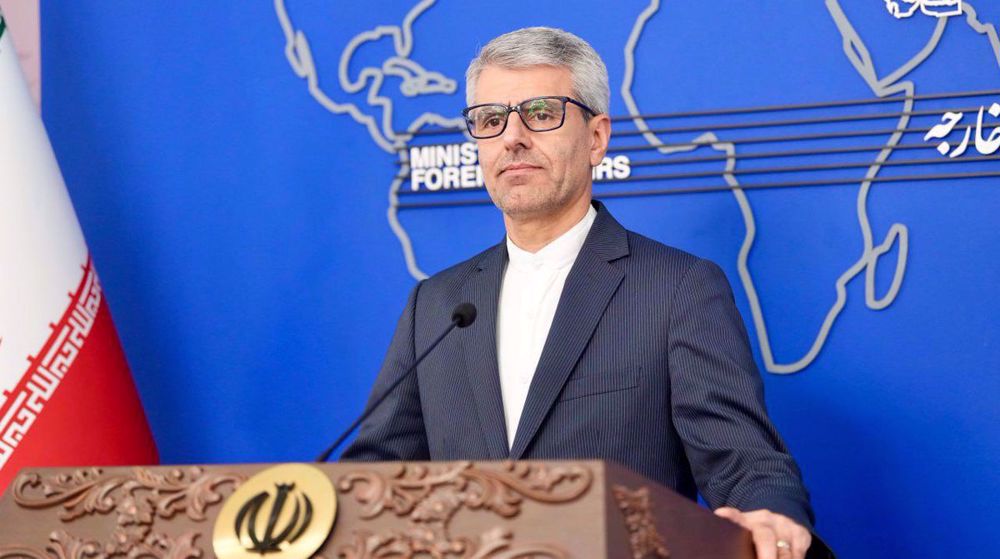
Iran dismisses UK accusation of threatening Britain’s national security
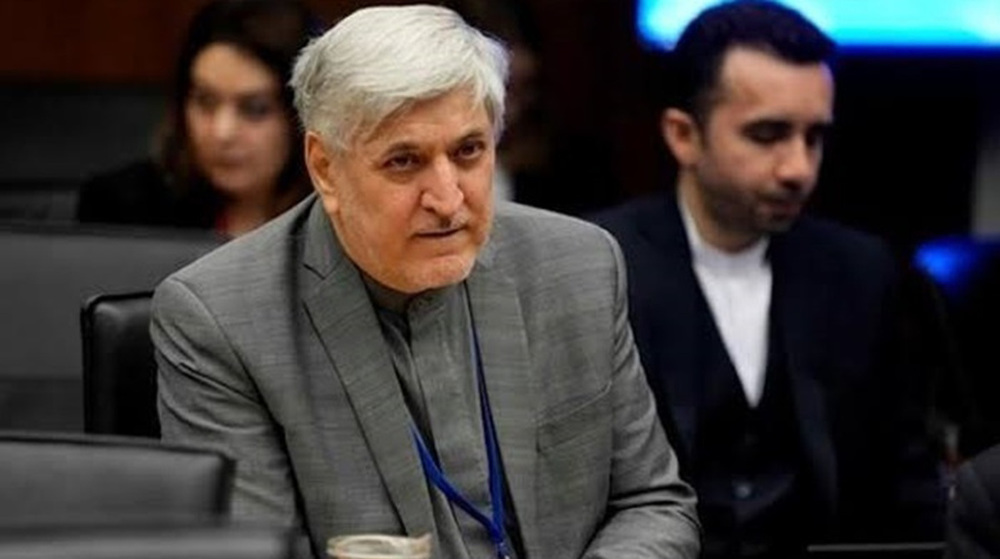
Iran’s IAEA envoy: West’s ‘ineffective’ pressure campaign to backfire
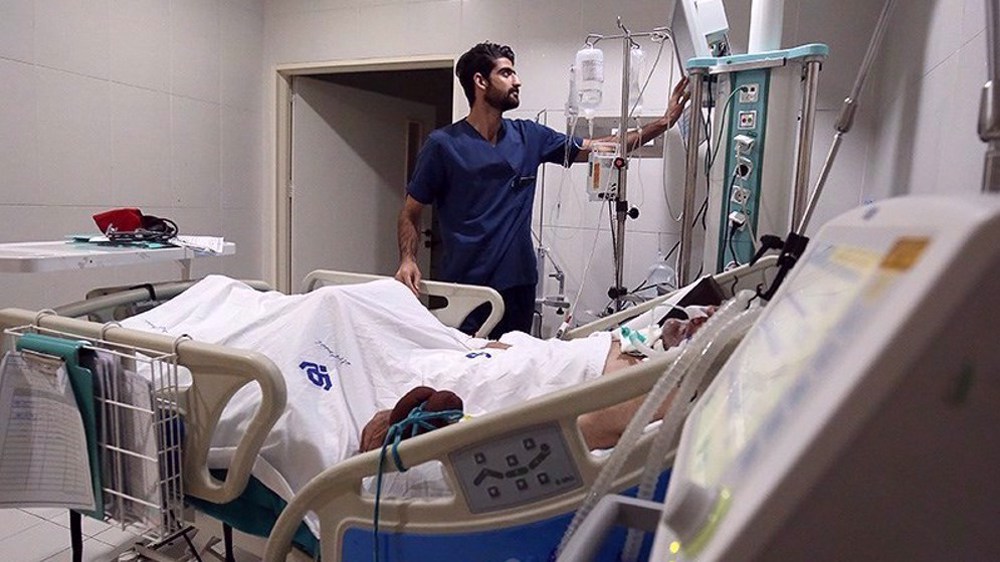
Iran court orders US to pay $12.6 billion to thalassemia patients
France proposes extending nuclear umbrella to European partners amid US tension
VIDEO | Multi-faith march on Congress condemns Trump’s treatment of poor
Iran slams Trump’s plan for forced displacement of Gazans as ‘political genocide’
‘New McCarthyism’: Pro-Palestine group denounces US Senate crackdown on Gaza protests
Trump issues death threats to Palestinians in Gaza, Hamas over Israeli captives
Israeli forces shoot Palestinian child in West Bank’s Nablus as setters raid Ariha village
VIDEO | Press TV's news headlines
VIDEO | Yemen says ready to shoot down more US drones


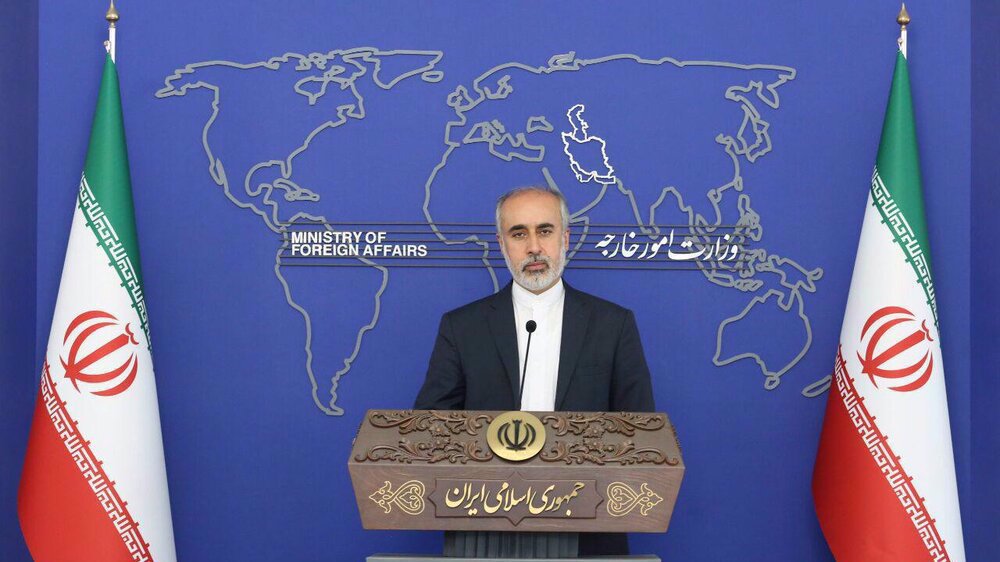
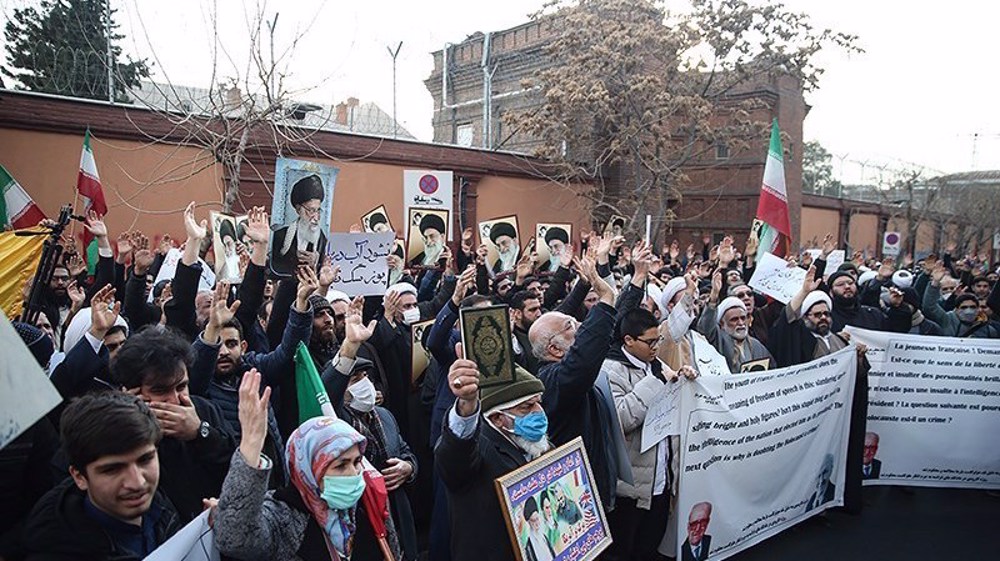
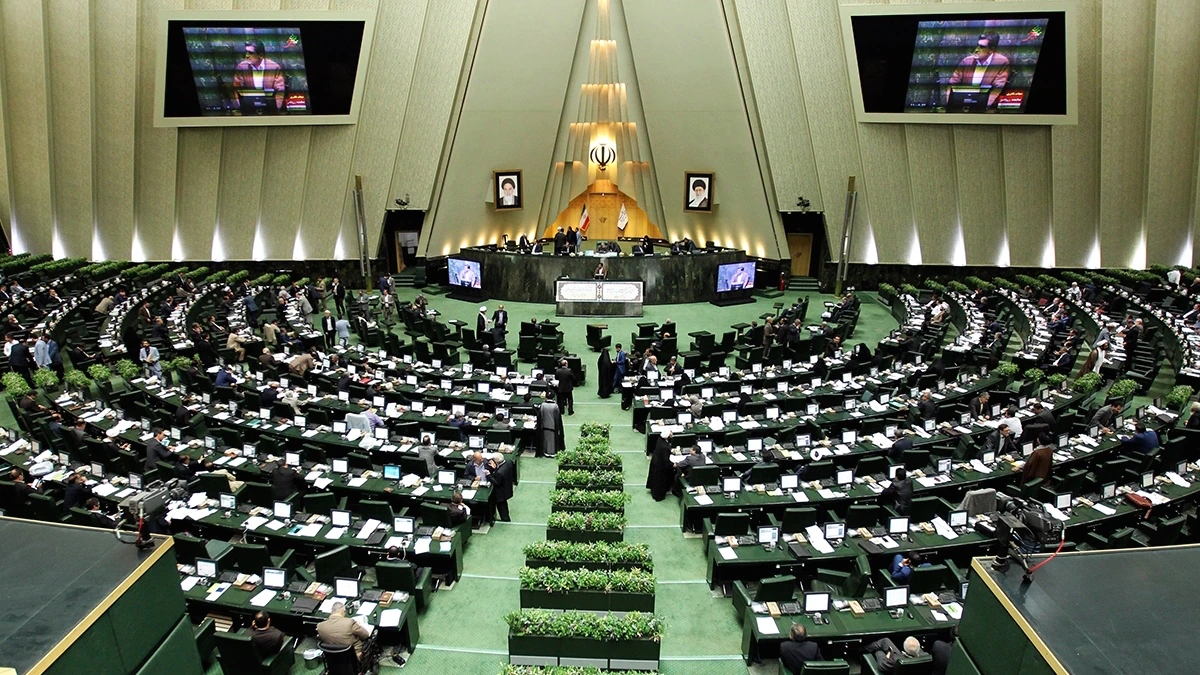
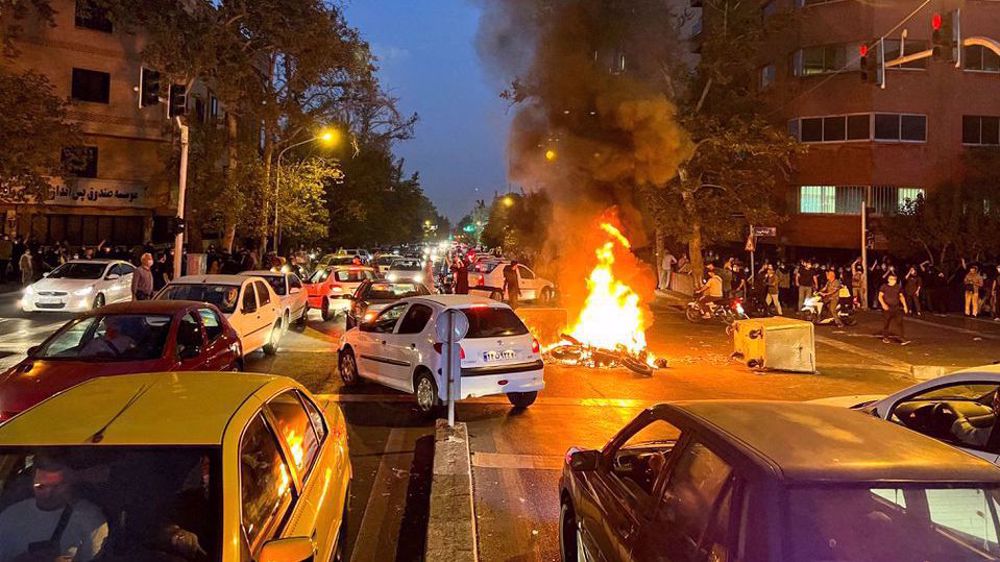



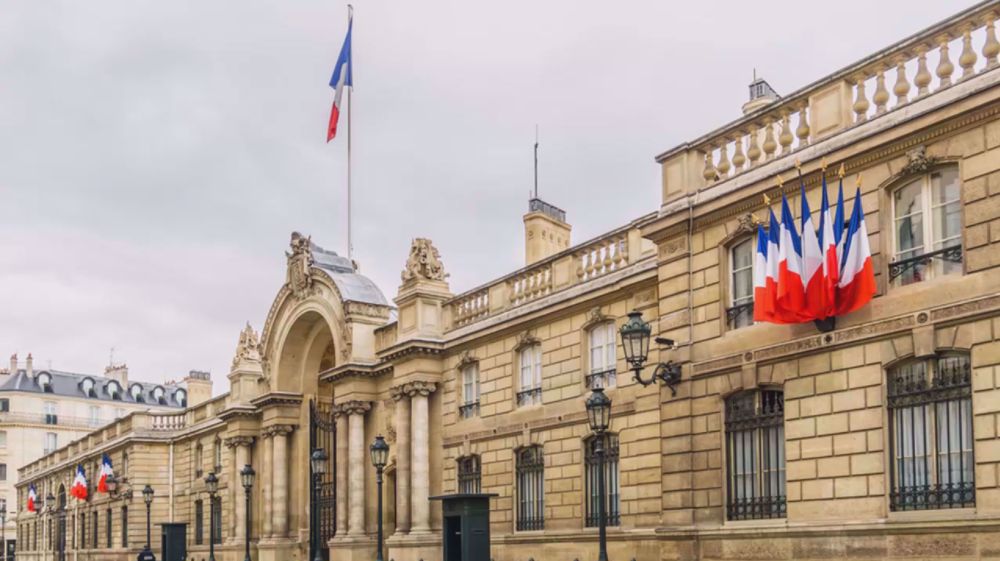
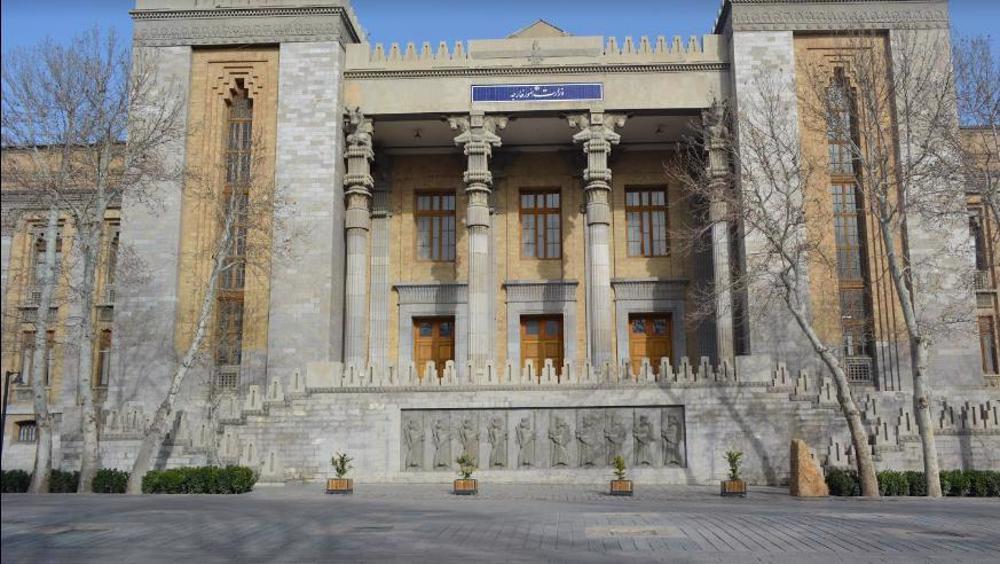

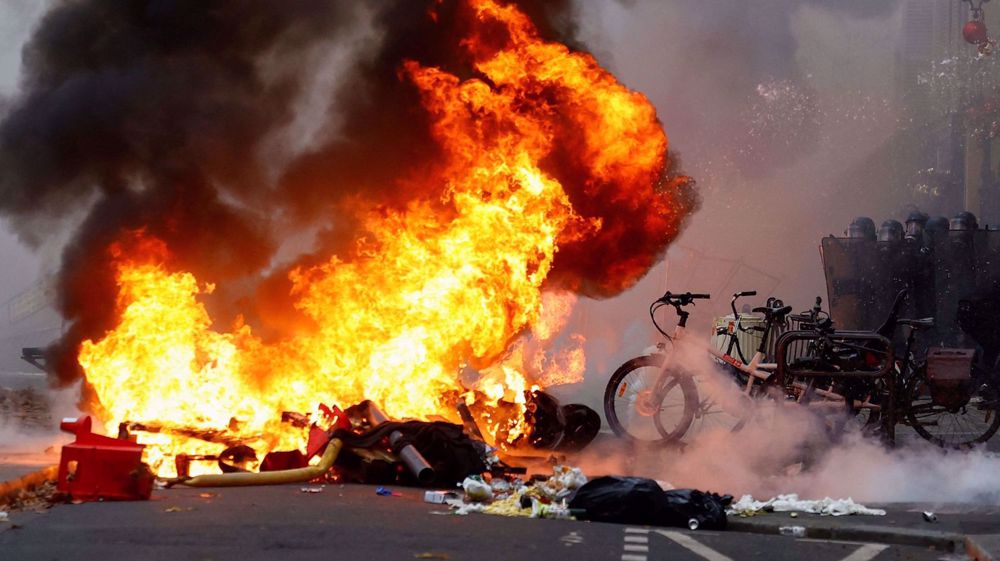
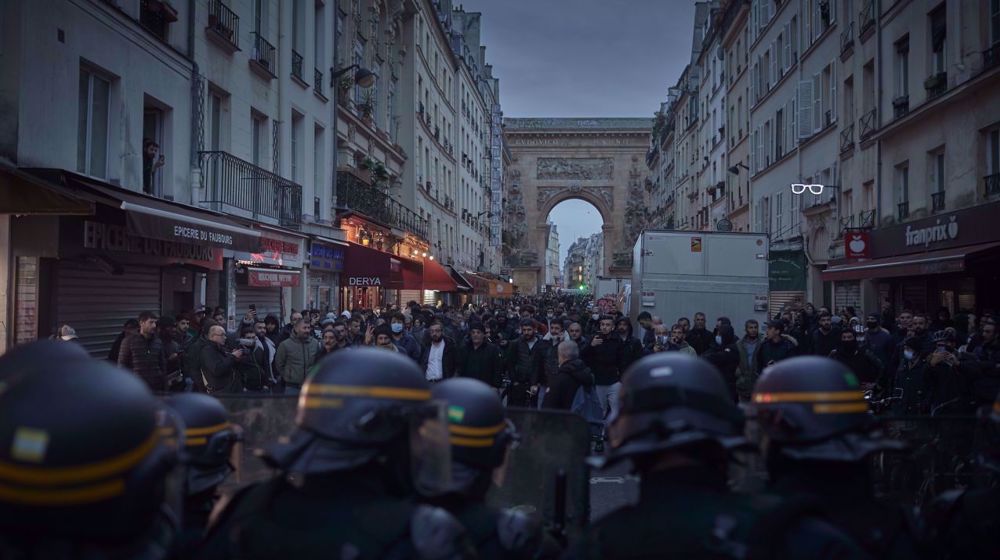
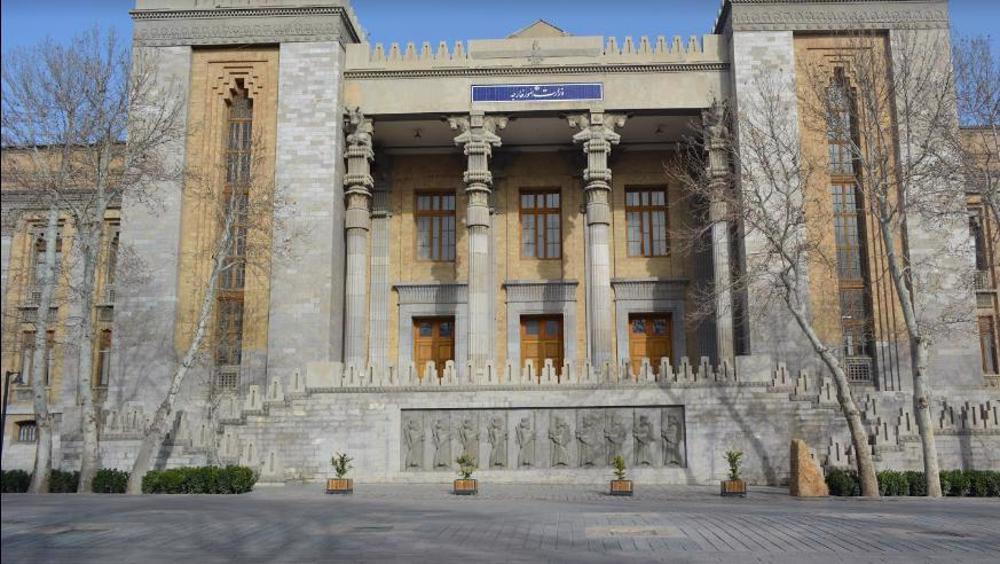

 This makes it easy to access the Press TV website
This makes it easy to access the Press TV website